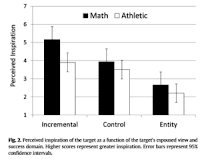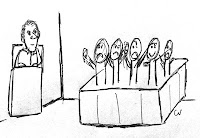Can you cultivate wisdom in work situations?
Whether you see the benefit of cultivating wisdom in work situations depends on whether you believe that wisdom can be developed at all. Recent experimental research has shown that the important components of wisdom are indeed malleable. In a new book chapter, Igor Grossmann (2020) lists what is known about the malleability of wisdom. He also offers suggestions for how wisdom can be cultivated at work.




